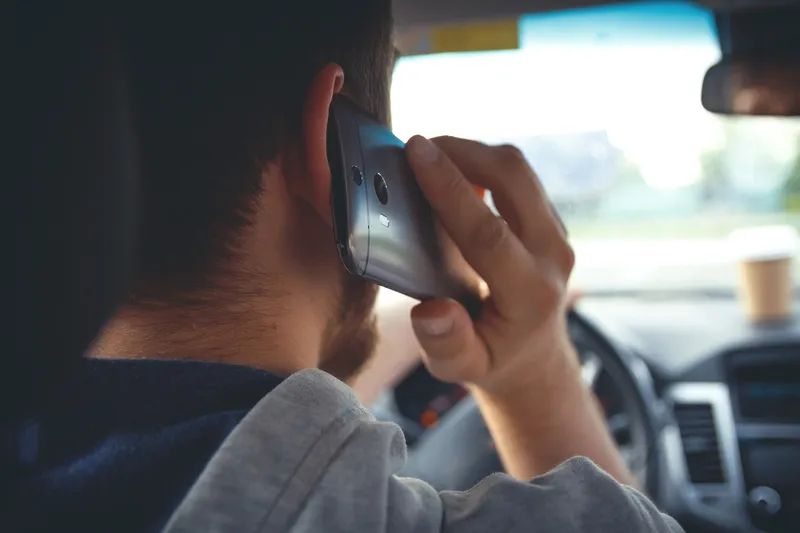A New Zealand woman, who drove for hundreds of kilometres while asleep at the wheel, sending texts from her mobile phone along the way, is to be forbidden to drive, according to police. Police received an emergency call from a friend concerned the woman had gone out in her car after taking sleeping medication. Told that the woman had been sleep-driving ten months previously and had a fondness for the beach, police ordered patrol cars to keep a lookout for her silver hatchback and began tracking her via her
August 15, 2013
Read time: 2 mins
A New Zealand woman, who drove for hundreds of kilometres while asleep at the wheel, sending texts from her mobile phone along the way, is to be forbidden to drive, according to police.
Police received an emergency call from a friend concerned the woman had gone out in her car after taking sleeping medication. Told that the woman had been sleep-driving ten months previously and had a fondness for the beach, police ordered patrol cars to keep a lookout for her silver hatchback and began tracking her via her mobile phone.
They said data showed the phone was on and she was sending texts as she drove from her Hamilton home to the beachside town of Mount Maunganui via Auckland, a distance of almost 300 kilometres.
After five hours on the road, she was finally found slumped over the wheel of her car in the driveway of a house she used to live in, with no recollection of her trip.
"We have sought an urgent order forbidding her to drive and to seek medical advice on her suitability to remain holding her driver's licence," senior Sergeant Dave Litton said.
Police received an emergency call from a friend concerned the woman had gone out in her car after taking sleeping medication. Told that the woman had been sleep-driving ten months previously and had a fondness for the beach, police ordered patrol cars to keep a lookout for her silver hatchback and began tracking her via her mobile phone.
They said data showed the phone was on and she was sending texts as she drove from her Hamilton home to the beachside town of Mount Maunganui via Auckland, a distance of almost 300 kilometres.
After five hours on the road, she was finally found slumped over the wheel of her car in the driveway of a house she used to live in, with no recollection of her trip.
"We have sought an urgent order forbidding her to drive and to seek medical advice on her suitability to remain holding her driver's licence," senior Sergeant Dave Litton said.









